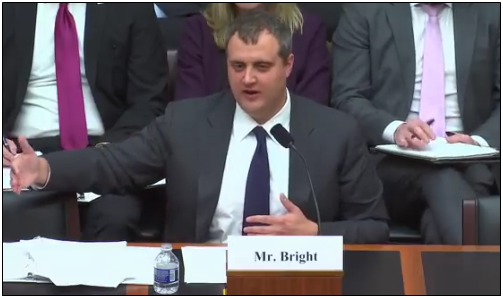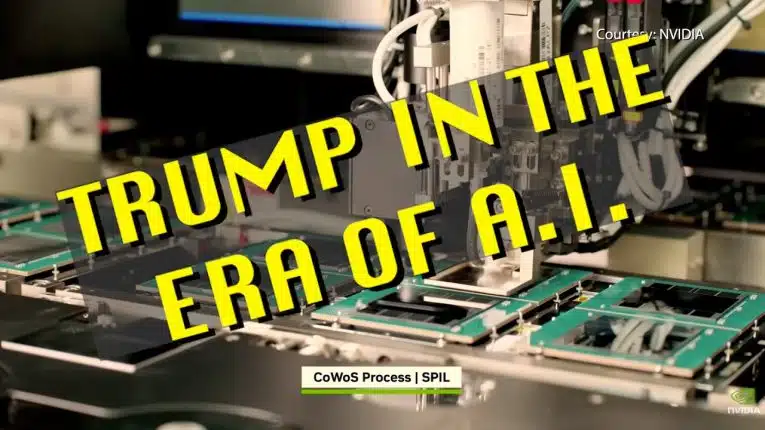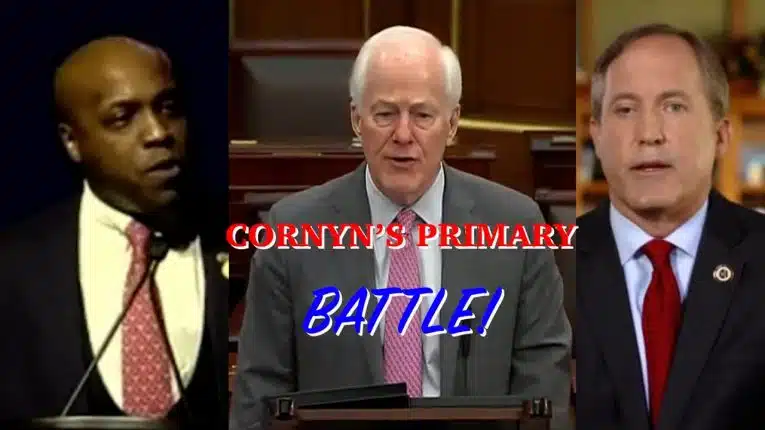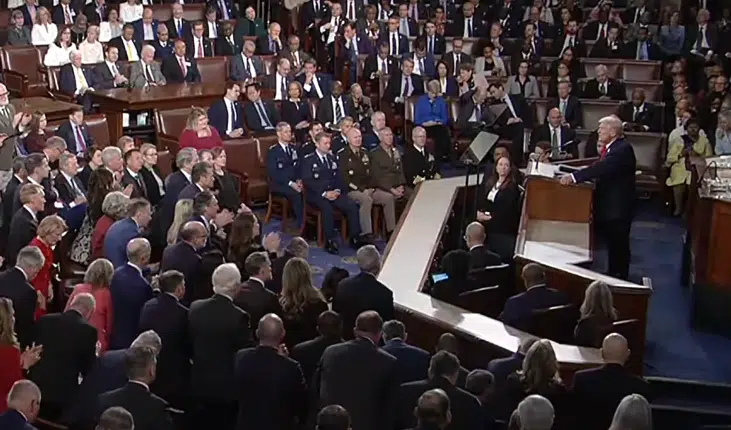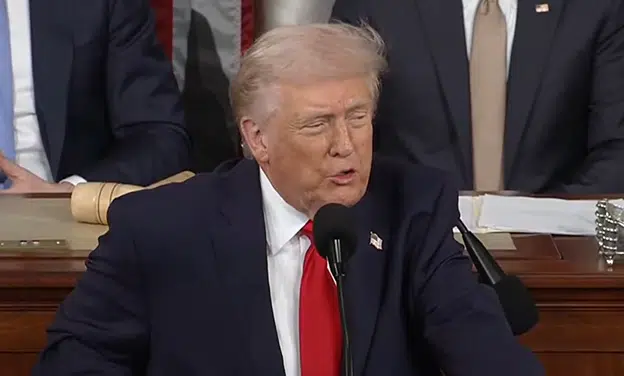By Printus LeBlanc
China is definitely on the march. Recently China armed several artificial islands in the disputed South China Sea with cruise missiles. Last week we learned a Chinese military base in Djibouti used laser weapons against U.S. military personnel. The notice stated, “During one incident, there were two minor eye injuries of aircrew flying in a C-130 that resulted from exposure to military-grade laser beams, which were reported to have originated from the nearby Chinese base.” The military threats should certainly be taken seriously, but perhaps the most dangerous threat no one is paying attention to is the threat posed by the Chinese government’s infiltration into financial markets.
The Government National Mortgage Association, or Ginnie Mae, is a government corporation within the Department of Housing and Urban Development (HUD). According to Ginnie Mae’s official website, its mission is:
“To bring global capital into the housing finance market — a system that runs through the heart of our nation’s economy — while minimizing risk to the taxpayer.
“For nearly 50 years, Ginnie Mae has provided liquidity and stability, serving as the principal financing arm for government loans and ensuring that mortgage lenders have the necessary funds to provide loans to consumers. Ginnie Mae delivers mortgage securitization programs for mortgage lenders and attractive offerings for global investors.
“In 1970, Ginnie Mae created and issued the first mortgage-backed security (MBS) in the United States as a financial tool to help bring funds from worldwide investors into the U.S. housing market. Ginnie Mae’s counter-cyclical role ensures that mortgage financing is available for homeownership and rental properties regardless of the economic climate.”
Ginnie Mae is supposed to be different from Fannie Mae and Freddie Mac, in that Ginnie Mae is a wholly government-owned corporation while the other two are federally chartered corporations owned by shareholders. Of course, this all changed with the housing crash in 2008 when Fannie and Freddie were put into conservatorship.
Ginnie Mae has massive holdings. There are over 10 million loans in mortgage-backed securities (MBS) worth over $1.9 trillion, making it the fastest growing mortgage backer. Ginnie Mae is growing so fast it has expanded by nearly 300 percent since the 2008 housing crash.
What does this have to do with China? China is one of the largest foreign investors in Ginnie Mae MBS, giving them enormous influence over U.S. housing policy, and China has decided to flex its economic muscle.
What China and other foreign investors don’t like is home loan refinances. In an exclusive interview with Inside MBS & ABS that appeared April 6, Ginnie Mae Executive Vice President and COO Michael Bright said after speaking with foreign investors, “The Chinese were very upset with our prepayment speeds.”
When a home is refinanced, the loan is repaid, and another loan is created. The investor in the original loan does not get the amount of return expected. Now it appears Ginnie Mae has taken action to appease the foreign investors, and the target seems to be VA loans.
VA loans make up one-third of the Ginnie Mae portfolio and are a different than typical home loans. Active duty military personnel are also eligible for VA home loans and use them often to purchase a home near base. When the service member is reassigned, they must sell the home, and that’s the part China doesn’t like.
The same also happens when veterans purchase a home. They often use the VA loan to purchase a home near their last duty station, then either refinance to make improvements shortly after purchasing or move for new employment opportunities. China is not getting what it believes is the full value of the investment. China and other foreign investors do not like this because they feel they get shortchanged — and Ginnie Mae’s Bright is capitulating.
Recently Ginnie Mae took unnecessary action against veteran mortgage companies that could force banks and non-banker lenders to stop offering certain loans to veterans. The fewer loan companies available to take VA loans, the higher the interest rates will be, thereby costing active duty military personnel and veterans thousands.
The actions taken by Ginnie Mae Executive Vice President and COO Michael Bright need to be explained. Why is one of the top U.S. government bureaucrats bowing to pressure from China? Does he work for the Chinese government or the U.S.? The job of the VA is to service U.S. military veterans, not get a good return on investment for a competing world power.
Printus LeBlanc is a contributing editor at Americans for Limited Government.


